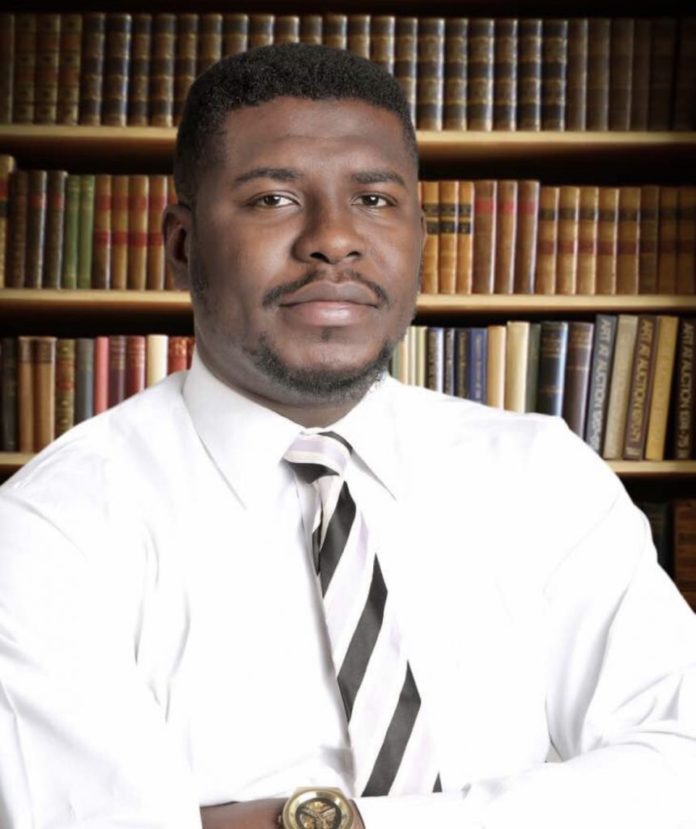You probably must have heard a lot about alternative disputes resolution (ADR) mechanisms like arbitration and negotiation and how they are helping people settle civil suits. While some advocates of the mechanisms pose them like new inventions of the western world, it is important to remind us that arbitration has been in Nigeria long before the colonial days. Arbitration, negotiation and mediation are seen in royal palaces, village squares, clan meetings/assembly and family meetings, then and till date. And, obviously, negotiation is as old as mankind and human interactions.
Well, recognition, enforcement, bindingness and standardisation of such mechanisms have been greatly developed by the institutions in London and other celebrated locations of ADR. In present day Nigeria and in most parts of the world, almost every dispute can be settled out of court, apart from criminal charges and cases.
Since criminal offences and punishment for offenders are created by law, it is illegal for an offender to be denied his due reward (punishment). Where there is law, there is a command and where there is a command, there is no discretion. So every offender must be punished.
Criminal cases are charges against a person or persons (human or corporate) instituted by government or by a private person with the authority of government for a known offence allegedly committed by the person or persons so charged. The victim of an offence may be the government or its subject but the duty to prosecute a suspected offender is on the government. Since government is not above law, government must obey and enforce laws, including the laws on prosecution of suspected offenders and punishment of convicted offenders.
With the above, one may wonder the place of PLEA BARGAIN. Is PLEA BARGAIN a form of alternative dispute resolution? Is PLEA BARGAIN the art and act of setting offenders fully free upon their return of stolen property? Well, PLEA BARGAIN as a term gained prominence in Nigeria very recently with the creation and operations of the Economic and Financial Crimes Commission (EFCC). It was employed in several high profile cases of fraud, money laundering and embezzlement concerning politically exposed persons in Nigeria. It is often perceived as the exclusive freedom backdoor for wealthy corrupt persons left open by a corrupt system, since it was employed rarely in non-financial crimes (not just in all financial crimes but financial crimes involving high figures and high profile offenders). Well, like a saying goes, when purpose is unknown, abuse becomes inevitable (and I will add that), then ignorance and gossips will fill the streets. Below are the golden words of the Supreme Court of Nigeria, on the purpose of PLEA BARGAIN.
“The main purpose of criminal trial is to ensure that a person, who has chosen to break any aspect of the criminal law, is not left to go scot free and for this reason, the prosecution has to establish the guilt of an accused person beyond reasonable doubt to pave the way for his punishment by law. The concept of plea bargain has in no way, derogated from the purpose or objective of criminal prosecution, given the fact that before an accused can benefit from the arrangement, the accused in question must plead guilty to some form of offence and, of course, be convicted for what he has pleaded guilty to.”
PLEA BARGAIN is not a settlement out of court. It is part of criminal procedures and clearly provided for by several laws, including the innovative Administration of Criminal Justice Law of Lagos State, Economic and Financial Crimes Commission Act and the Administration of Criminal Justice Act, 2015.
My authorities are:
1. The Supreme Court’s judgement on “Purpose of Criminal trial and the nature and scope of Plea Bargain” in the case of PML (SECURITIES) CO. LTD v. FRN (2018) LPELR-47993(SC).
#SabiLaw
#DailyLawTips
#SabiBusinessLaw
#SabiElectionLaws
#SabiHumanRights
#SabiLawOnBeatFm
#SabiLawLectureSeries
#CriminalJusticeMonday
#SabiLawVideoChallenge
Speak with the writer, ask questions or make inquiries on this topic or any other via [email protected] or [email protected] or +2348037665878. To receive our free Daily Law Tips, follow our Facebook Page:@LearnNigerianLaws, Instagram:
@LearnNigerianLaws and Twitter: @LearnNigeriaLaw
Please share this publication for free till it gets to those that need it most. Save a Nigerian today! NOTE: Sharing, modifying or publishing this publication without giving credit to Onyekachi Umah, Esq. and “LearnNigerianLaws.com” is a criminal breach of copyright and will be prosecuted.
This publication is the writer’s view not a legal advice and does not create any form of relationship. You may reach the writer for more information.
Powered by www.LearnNigerianLaws.com {A Free Law Awareness Program of Sabi Law Foundation, supported by the law firm of Bezaleel Chambers International (BCI).}
learnnigerianlaws





